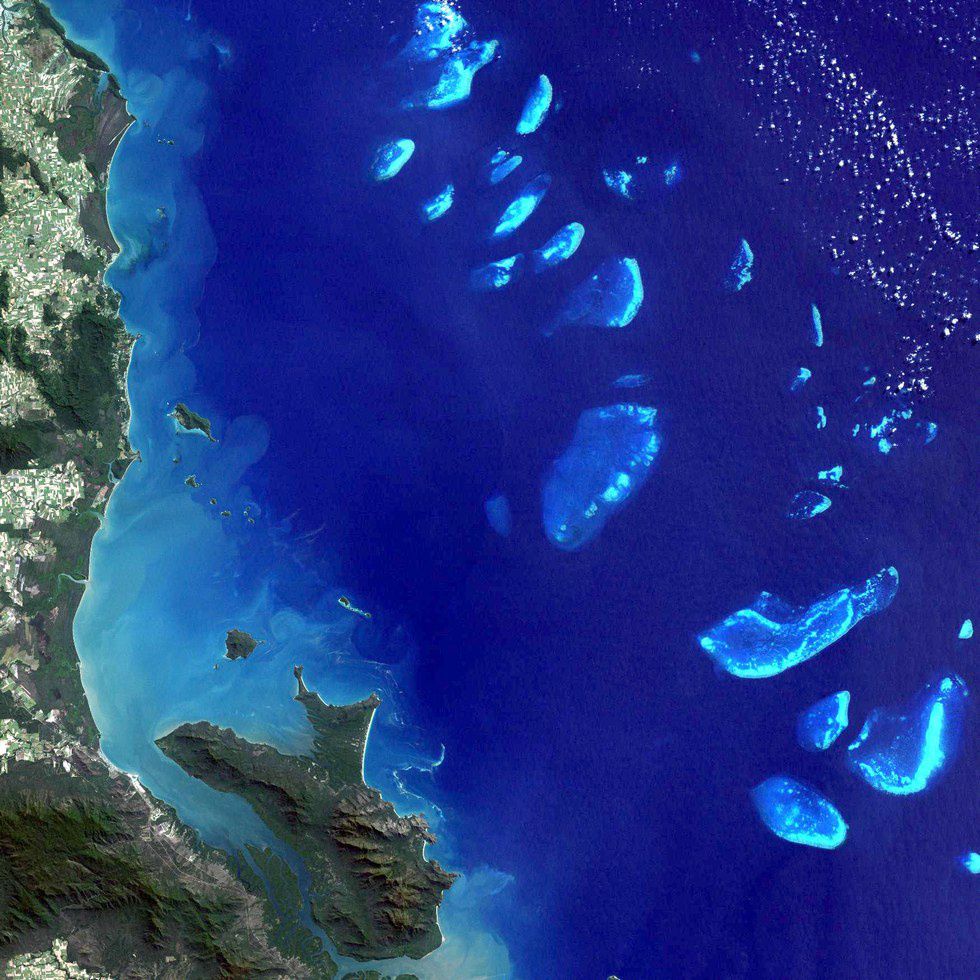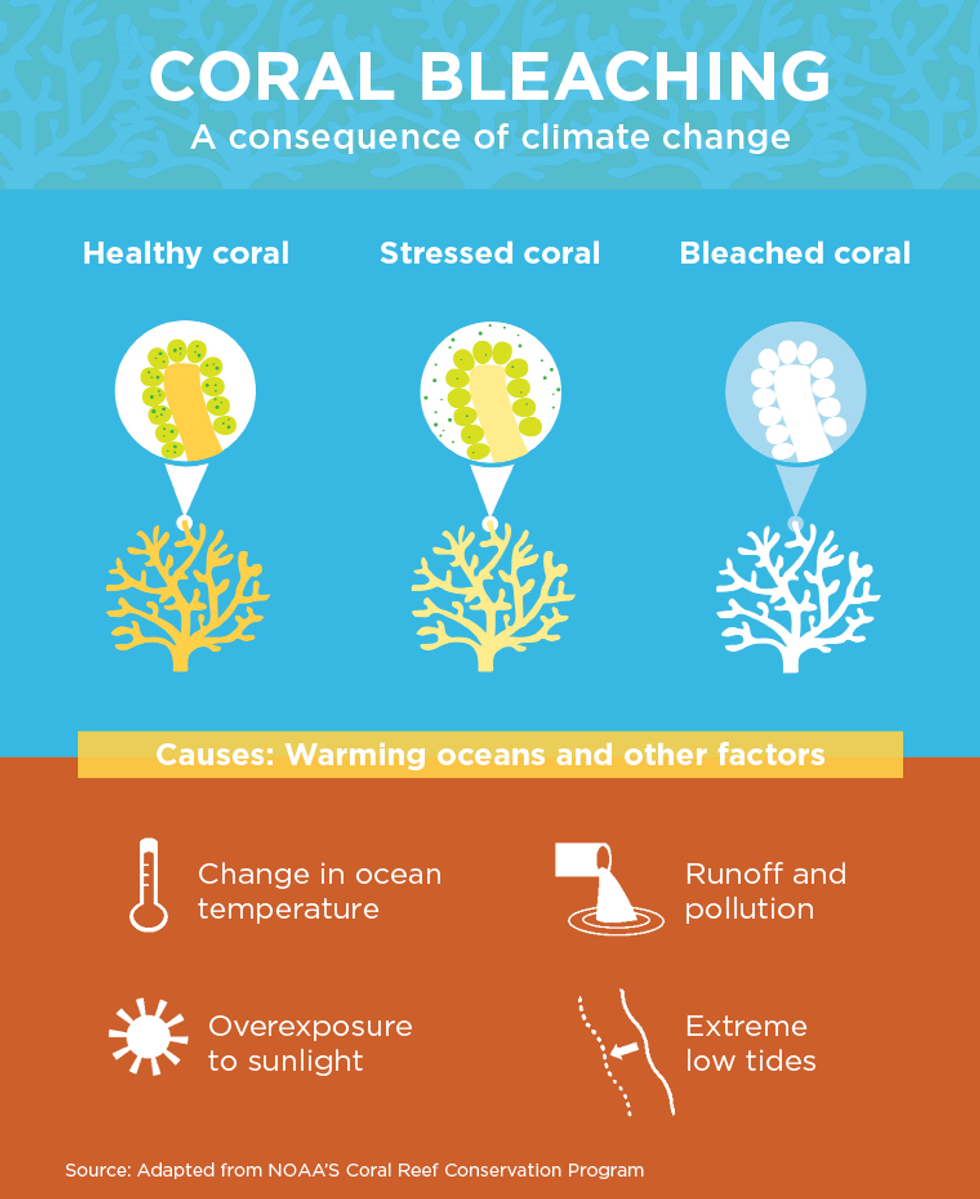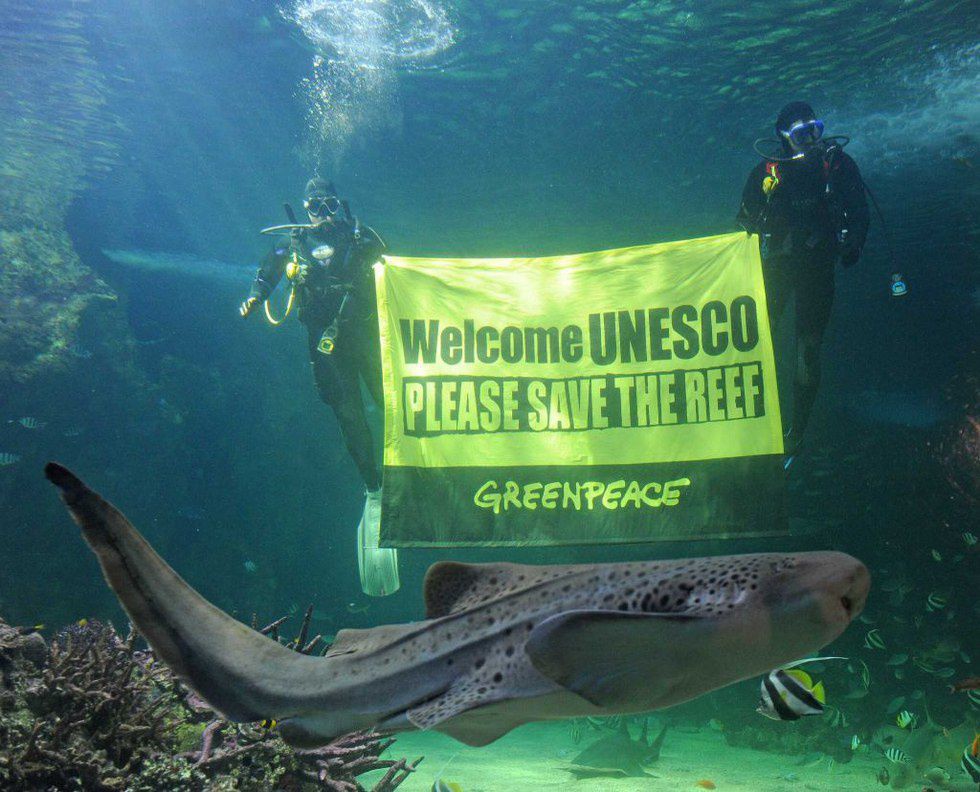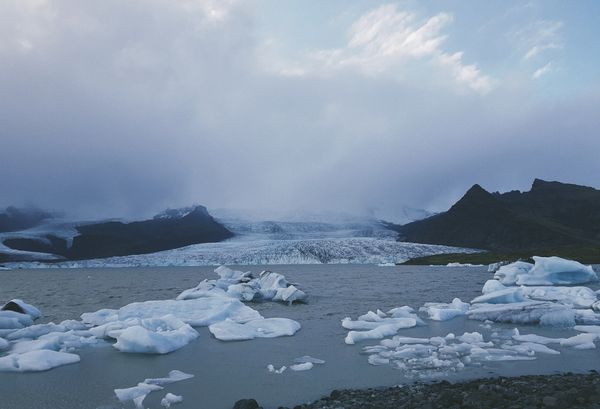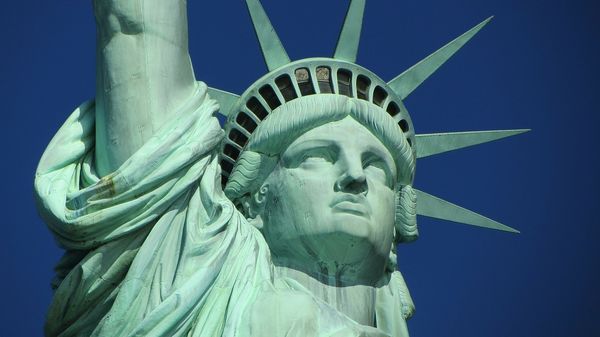The Great Barrier Reef is one of the Earth's most remarkable natural gifts. With an abundance of marine life, over 3,000 individual reef systems and coral cays, and hundreds of tropical islands, the Great Barrier Reef is clearly the world's largest coral reef. It is one of the seven wonders of the natural world, larger the the Great Wall of China, and the only living thing on earth that is visible from space.
However, recently Outside Magazine published an obituary for the Great Barrier Reef. The article cited its lifespan from 25 million BC-2016, gave detail of the reef's membership in the ecosystem and the coral bleaching that led to its deterioration. This in turn was met with disbelief and shock by people all over the world. Mostly on social media, people have been grieving and urging their followers to pay significant attention to the consequences. It turns out that the writer of this article is a food and environmental write, not a scientist. Actual scientists have put out that this obituary is greatly exaggerated and the Great Barrier Reef is not dead, but it is dying.
It's obvious that the reef is in a great amount of trouble. ARC Center of Excellence for Coral Reef Studies put out a report saying, 93% of the reef is effected by bleaching, which is putting the reef in close proximity of extinction. Bleaching happens when the coral are put under a severe amount of stress due to changes in conditions, such as: temperature, light or nutrients. Under these conditions, the re expels symbiotic algae from their tissues which causes them to turn white.
Coral bleaching, burning fossil fuels, mining and fishing have also contributed to the destruction of this reef in several decades. In order to improve the reef's health for future generations, the Australian and Queensland governments released the Reef 2050 Plan, which shows the $2 billion investment towards the improvement.




